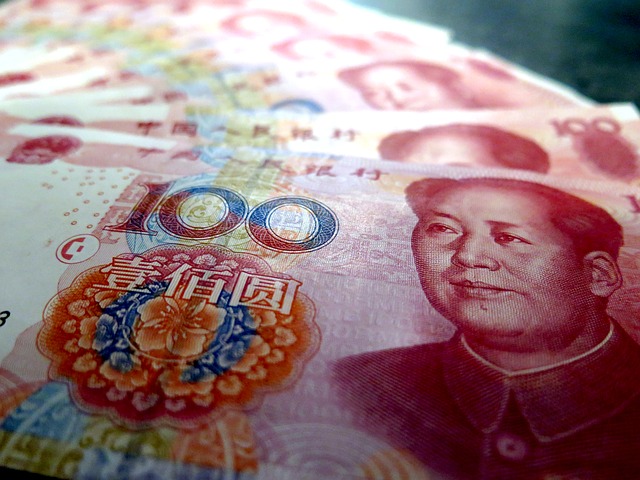- Banking and Finance Laws
- China Law News
- Corporate Governance
- Foreign Direct Investment
- Intellectual Property
In the News: 6 New FTZs; Fintech Development Plan; Corporate Social Credit; and Shenzhen's Relaxed Forex Rules
September 02, 2019 | BY
Vincent ChowChina announces six new FTZs targeting poorer regions and Belt and Road cooperation; central bank unveils three-year fintech development plan to accelerate innovation while curbing risks; new report warns foreign companies about corporate social credit's potential impact; and SAFE relaxes foreign currency conversion requirements across Shenzhen





